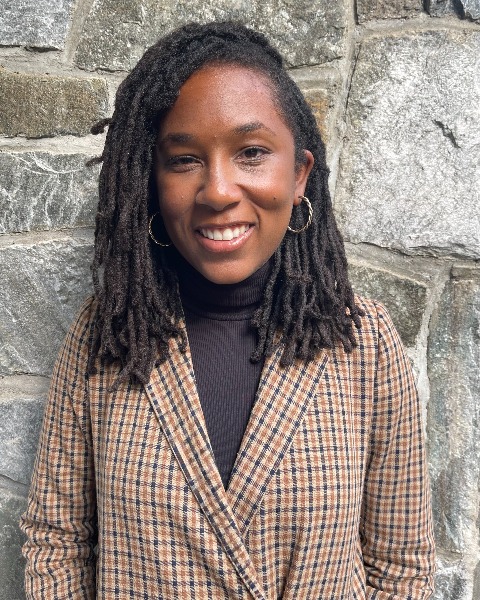Social Impact Measurement
Using Most Significant Change Stories in Social Finance System Change Initiatives that Advance Racial Equity
-
JR
Jane Reisman, PhD
Social Impact Advisor
Jane Reisman Ph.D., United States -

Jasmine Johnson, MPP (she/her/hers)
Principal
Jasmine Johnson Consulting, United States -
JS
John Sherman, MPH (he/him/his)
Chief Partner
Sherman Impact Consulting
Nashville, Tennessee, United States
Chair(s)
Presenter(s)
Location: Room 201
Abstract Information: Most Significant Change stories (MSC) have been widely practiced in the development context but have been less visible in the U.S. context. First developed in the 1990s by Rick Davies, it wasn't until 2005 that Davies and his colleague Jess Dart published a comprehensive guide for the technique of using Most Significant Change stories. While developing the evaluation plan for assessing a complex systems change initiative which is based upon using innovative finance, our evaluation team viewed MSCs as an ideal method to meet our challenge. This session will demonstrate our use case in which this storytelling method benefits an evaluation of an impact investing initiative aiming to disrupt patterns of racial inequity in lending decisions. We will show how we applied it to elevate and better understand the experiences of beneficiaries who are removed from the direct intervention. We will also speak to the power of story as data for audiences who do not typically engage with (and may even be resistant to) evaluation.
Relevance Statement: Skeptics of evaluation often prefer journalistic stories and anecdotes to the traditional toolkit of evaluation methods. This is a false dichotomy, though, as storytelling has a solid position on the evaluation landscape. A particular method, Most Significant Change stories (MSC), first developed by Rick Davies in the 1990s for the development context holds tremendous value in understanding the experiences in peoples' lives --intended or unintended. It wasn't until 2005 that Davies and his colleague Jess Dart published a comprehensive guide for using the technique of Most Significant Change stories. There remains a long runway for applying this method in various contexts, including an innovative finance systems change initiative intended to advance racial equity This session provides a use case for the MSC method for evaluating an impact investing initiative that aims to disrupt patterns of racial inequity in the due diligence process for lenders. Too often, the conventions of the finance market to determine risk equate risk with race, and the racial wealth gap is perpetuated and ingrained. Through using MSC stories, the lives and context of the beneficiaries of an impact investing initiative come to light and illuminate how the initiative can strengthen its work in addressing patterns of racial inequality. Importantly, the outcomes that emerge from the MSC method are defined by the organizations and individuals who are effected by the impact investing initiative, and not predetermined by the evaluators or the funders. This is a compelling reason to use this method in an evaluation of a racial equity initiative because it values the lived experience of the organizations and individuals most directly impacted.
